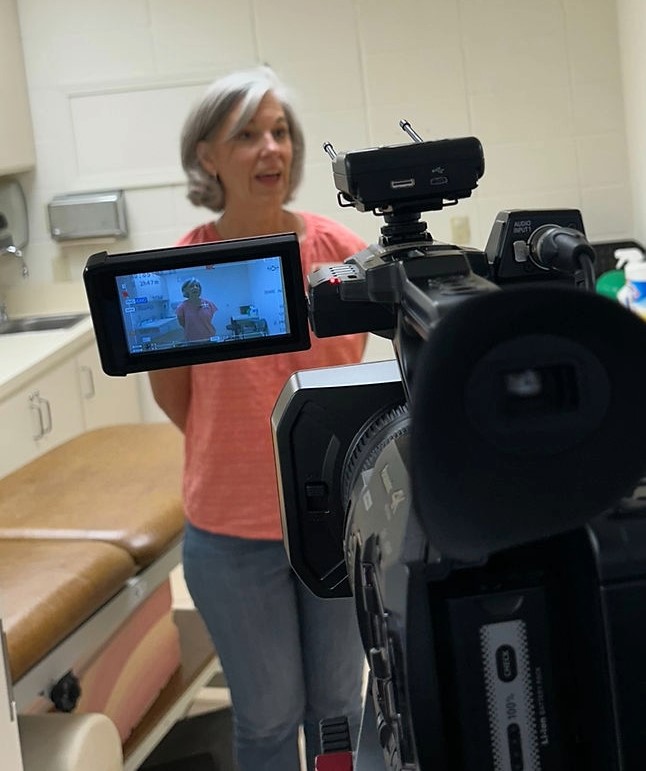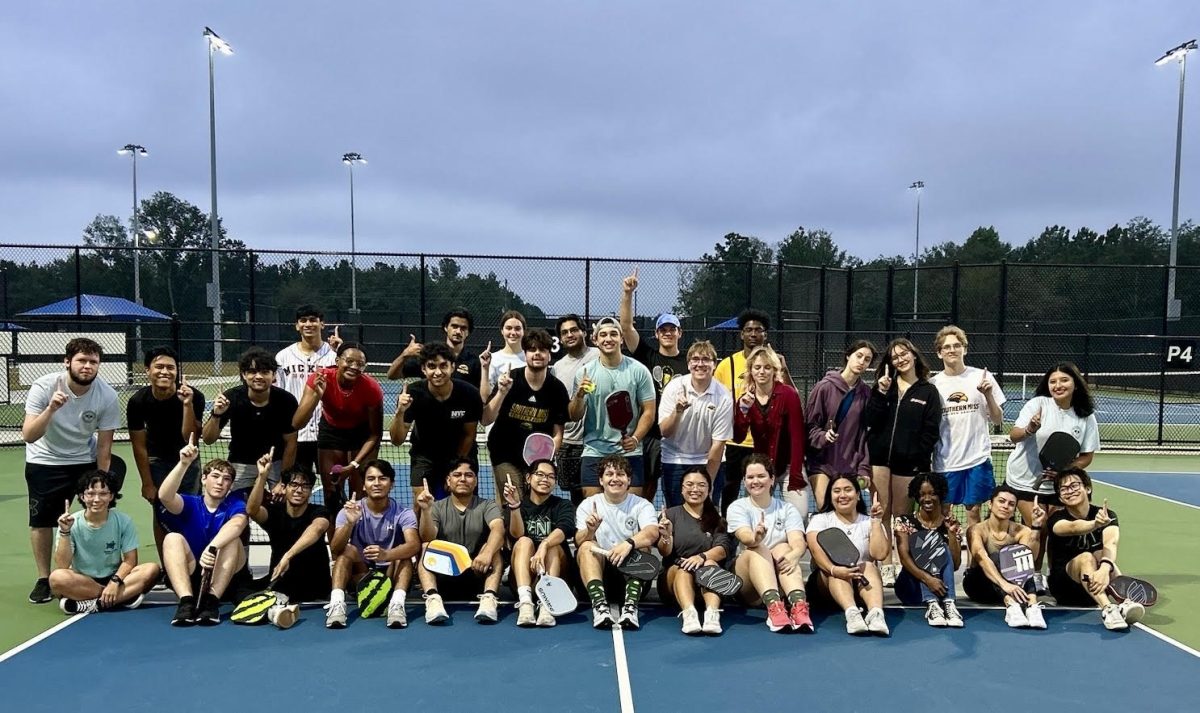Thousands of people across the country live without access to healthcare, a burden that affects not just physical well-being, but mental health and the ability to sustain employment. Right here in Hattiesburg, a local clinic is stepping in to change that reality—one patient at a time.
The Edwards Street Fellowship Health Clinic is the first of its kind in the city, offering free medical, dental, and pharmaceutical care to uninsured and underinsured residents in Forrest and Lamar Counties.
“If you look at our mission statement,” said Ann McCullen, the executive director of Edwards Fellowship Center. “We say high-quality medical, dental, and pharmaceutical care at no cost.”
Before receiving care, patients undergo an eligibility screening process. From there, they gain access to the services they need—not just to survive, but to thrive.
In Mississippi, 13% of people under 65 are uninsured—three percentage points higher than the national average. For many, that means going without critical medications or monitoring for chronic conditions like high blood pressure and diabetes. The Edwards Fellowship Clinic is working to bridge that gap.
“Many of them knew they had high blood pressure or diabetes,” said McCullen. “But they couldn’t afford the medications or daily monitoring. What we’re doing is empowering them to take control of their health.”
Empowerment is a core part of the clinic’s mission. Patients don’t just receive treatment—they’re educated on how to manage their conditions through online modules led by registered nurses and students from the University of Southern Mississippi.
The clinic also partners with other medical providers to ensure patients receive the care they need, including specialist visits and diagnostic tests.
“We can do all the steps to get you in for free at the University Medical Center in Jackson,” said McCullen. “Then, physicians from Hattiesburg Clinic interpret those results for free.”
As patients become healthier, the clinic often sees them move on—landing jobs or better employment opportunities and eventually qualifying for sustainable health insurance.
“The difference being made is clear,” said McCullen. “We are seeing people now have the ability to either get a job or get a better job because they’re healthy enough to work all day.”
The goal, the clinic says, is for every patient to feel strong enough to take control of their future—living beyond the limits of their diagnosis.
And the clinic isn’t stopping there. Leaders at Edwards Fellowship say they’re planning to expand services even further by offering exercise classes, vision screenings, and assistance with dentures and partials—all at no cost to patients.
For many in Hattiesburg, the Edwards Fellowship Health Clinic is more than a medical center—it’s a lifeline to a healthier, more independent future.

























